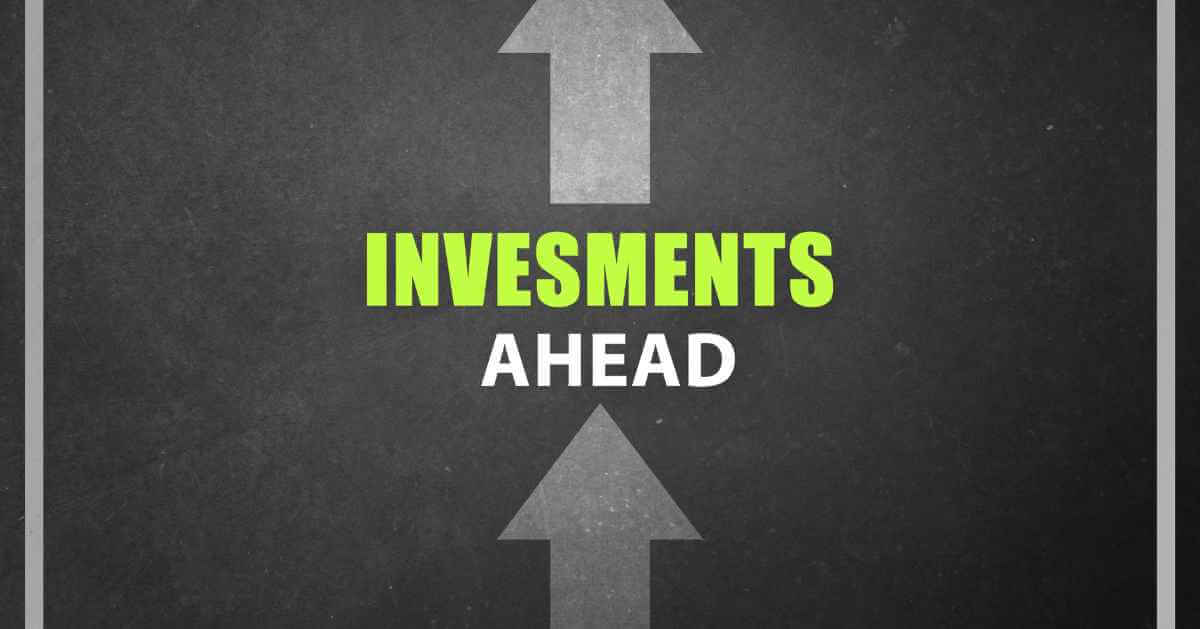The Future of Investing: DeFi’s Role in Asset Management

Exploring the dynamic landscape of investing, this article delves into Decentralized Finance (DeFi), a revolutionary force in asset management. It unveils how DeFi is reshaping investment strategies and highlights its growing significance in the financial sector. Embark on a journey of financial discovery and success by visiting the Bit GPT App – where every click opens the door to endless opportunities.
The Impact of DeFi on Asset Management
The rise of Decentralized Finance (DeFi) has significantly impacted the domain of asset management, marking a paradigm shift from traditional financial models to more innovative and autonomous systems. DeFi, at its core, utilizes blockchain technology to enable financial transactions and asset management without the need for centralized intermediaries. This shift is not just technological but also philosophical, as it empowers investors with direct control over their assets, fostering a more democratic and transparent financial environment.
One of the most profound impacts of DeFi on asset management is the introduction of new investment strategies. Unlike traditional finance, where investment options are often limited and controlled by financial institutions, DeFi opens the door to a wide array of assets, including cryptocurrencies, tokenized assets, and decentralized applications. These new asset classes offer diverse opportunities for portfolio diversification, potentially leading to higher returns and reduced risks for investors.
Furthermore, DeFi has ushered in an era of automated asset management through smart contracts. These self-executing contracts with predefined rules have enabled the creation of decentralized autonomous organizations (DAOs) and yield farming strategies, where investments are automatically managed and optimized without human intervention. This automation not only enhances efficiency but also minimizes the potential for human error and bias, leading to more objective investment decisions.
However, the journey of DeFi in asset management is not without its challenges. The nascent nature of this technology means that it is still evolving, and with it come risks related to security, volatility, and regulatory uncertainty. Investors venturing into DeFi need to be well-informed and cautious, as the lack of centralized control also implies a higher responsibility on the individual investor to manage risks.
Future Trends in DeFi and Investing
The trajectory of Decentralized Finance (DeFi) is set to shape the future of investing in profound ways, driven by ongoing innovations and evolving market dynamics. As we look ahead, several trends in DeFi are emerging that promise to redefine the landscape of investment and asset management.
A key trend is the integration of DeFi with traditional finance. This convergence is anticipated to bridge the gap between mainstream financial services and the DeFi ecosystem, offering more comprehensive and flexible investment solutions. This integration could lead to the creation of hybrid financial products that combine the transparency and efficiency of DeFi with the stability and familiarity of traditional finance.
Another significant trend is the advancement in blockchain technology, which is the backbone of DeFi. Improvements in scalability, transaction speed, and cross-chain interoperability are expected to enhance the functionality and user experience of DeFi platforms. These technological advancements will likely attract more institutional investors to the DeFi space, boosting its credibility and adoption.
Moreover, regulatory clarity is a trend that is bound to shape the future of DeFi. As governments and financial authorities around the world start to recognize the potential and risks associated with DeFi, a more defined regulatory framework is likely to emerge. This regulatory evolution will play a critical role in mitigating risks associated with DeFi investments, such as fraud and market manipulation, thereby increasing investor confidence.
The rise of decentralized autonomous organizations (DAOs) is another trend to watch. DAOs are set to play a more prominent role in decision-making processes within the DeFi ecosystem, promoting a more democratic and transparent governance model. This could lead to more community-driven investment strategies and a greater alignment of interests between investors and financial platforms.
Lastly, the increasing focus on sustainability and social impact investing is likely to influence DeFi’s future. DeFi platforms that support environmentally friendly projects or focus on social impact are expected to gain popularity, aligning with the growing global emphasis on responsible investing.
